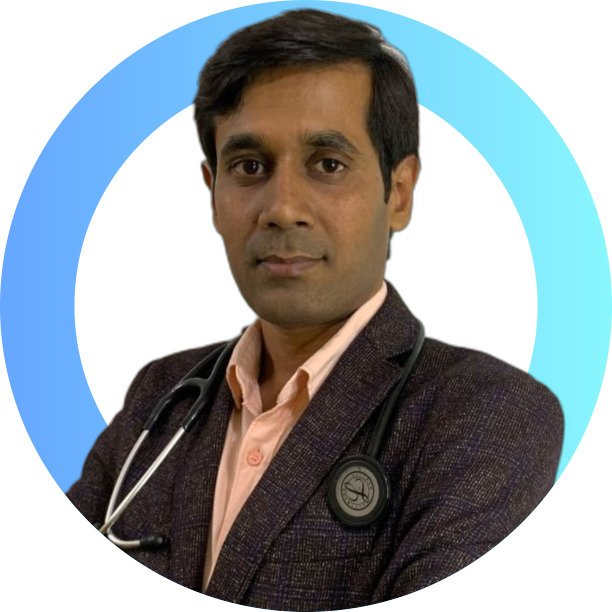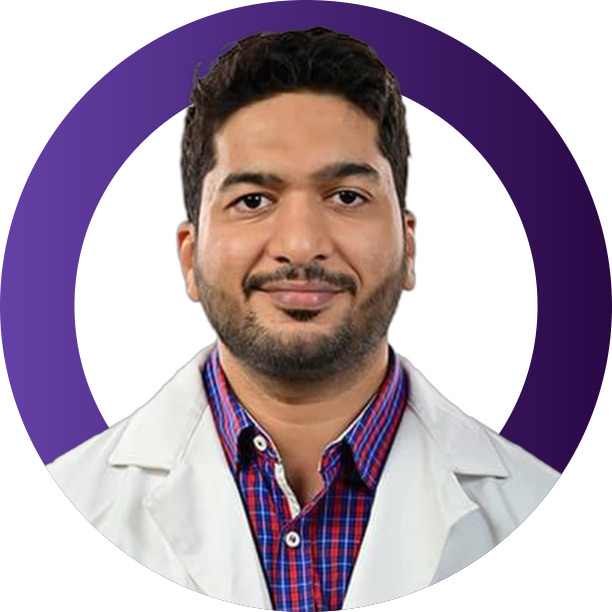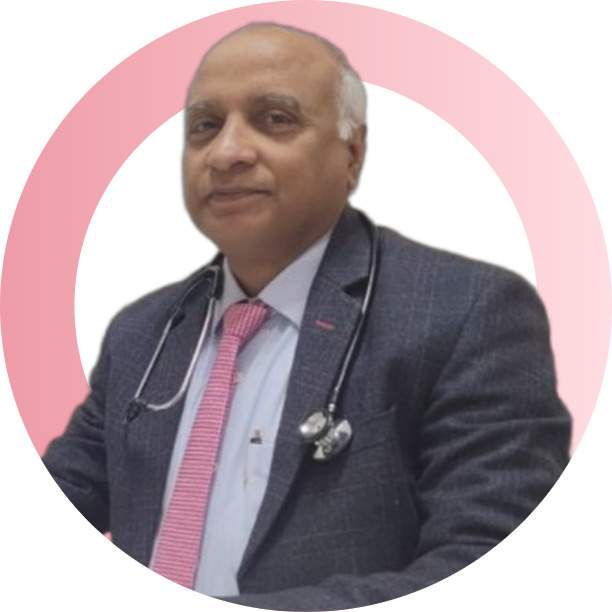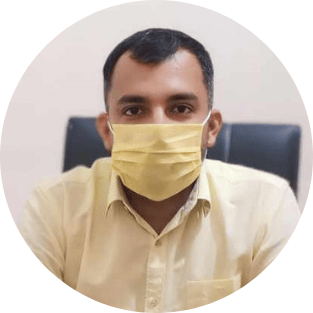









































































We apologize, but we were unable to find any doctors matching your search criteria. Please try adjusting your search filters or broaden your criteria for better results.
Thank you for your understanding.
Genetics, hormonal changes, nutritional deficiencies, certain medications, stress, scalp infections, and an overuse of chemical or thermal treatments are just a few of the causes of hair loss.
As part of the hair growth cycle, it is normal to lose 50 to 100 hairs daily. You should have your hair evaluated by a healthcare provider if you notice excessive hair loss or thinning because it could be an indication of an issue.
Yes, hair loss can be exacerbated by a poor diet deficient in vitamins, minerals, and proteins. A balanced diet is essential for healthy hair growth because proper nutrition is necessary.
Undoubtedly, stress can cause hair to fall out. Stress can disrupt the hair cycle and cause increased shedding or hair loss over extended periods of time. Hair loss may be decreased by reducing stress through relaxation techniques and self-care.
The most effective course of treatment depends on the underlying reason for hair loss. They can include changes to one's way of life, like bettering one's diet and lowering stress, as well as medical procedures like topical or oral medications, laser therapy, or hair transplant procedures. To find the best course of action for your unique condition, it is best to consult a dermatologist or trichologist.
Even though it might not always be possible to completely prevent hair loss, adopting a healthy lifestyle, controlling stress, eating a balanced diet, and using gentle hair care techniques can help lower the risk of excessive hair loss and advance overall hair health. Healthy hair can also result from routine scalp care and avoiding harsh chemical treatments.
Excessive heat styling, certain hair care products, and tight hairstyles can harm the hair shaft and cause breakage or hair fall. To lessen the chance of hair loss, it's important to use gentle hair care products, use less heat when styling, and stay away from tight-pulling hairstyles.
It's important to proceed cautiously when considering claims that certain shampoos or hair products will stop hair fall. To find the right products for your hair type, look for products that are gentle, free of damaging chemicals. It's advisable to speak with a healthcare professional for individualised advice because treating the underlying cause of hair loss is essential.
Yes, some hair care techniques can cause hair loss. These include overusing heat styling tools, pulling on the hair with tight hairstyles like braids or ponytails, harsh chemical treatments like perming or relaxing, and overbrushing or combing wet hair. It's important to treat your hair gently and to stay away from habits that put it under unnecessary strain or harm.
Skin serves as a physical barrier, shielding the body from hazardous exterior factors such as bacteria, chemicals, UV radiation, and pollution. It aids in the prevention of infections and damage by preventing harmful toxins from entering the body.The skin is essential for keeping a constant body temperature. The skin is very important to our physical appearance and individual identity.
Restrict your time to sit in the sun. chill baths or compresses might help to chill the skin. To soothe the skin, apply moisturiser or aloe vera gel. Take ibuprofen or other over-the-counter pain medications. Drink plenty of water to stay hydrated. Avoid irritating the skin and keep it safe from future sun exposure. If you are suffering severe symptoms, seek medical help. To avoid sunburn, remember to use sunscreen, seek shade, and wear protective clothes.
Laser resurfacing, chemical peels, microdermabrasion, dermal fillers, and microneedling are all treatments for acne scars. Consult a doctor to find out which treatment is best for your unique form of acne scars.
Eczema therapy is keeping the skin moisturised, avoiding triggers (such as irritants or allergens), using mild cleansers, wearing soft textiles, controlling stress, and utilising dermatologist-recommended topical drugs or oral antihistamines.
Psoriasis is a chronic autoimmune disorder characterised by the fast accumulation of skin cells, resulting in thick, red, scaly patches. Depending on the severity of the illness, treatment options include topical creams or ointments, phototherapy, oral drugs, or biologic injections.
" Avoid hot showers and baths because hot water can dehydrate the skin. Use fragrance-free cleansers and moisturisers that are good for dry skin. After bathing, apply moisturiser while the skin is still damp. In dry interior situations, use a humidifier. Drink plenty of water to stay hydrated."
"To prevent additional darkening of the spots, protect your skin from the sun. To fade dark spots, use skincare products containing substances like as hydroquinone, kojic acid, or vitamin C. Chemical peels, microdermabrasion, and laser treatments can also aid in the reduction of hyperpigmentation. For personalised treatment choices, consult a dermatologist."
Wear sunscreen and seek shade to shield your skin from the sun. Avoid smoking because it might hasten the ageing process and cause wrinkles. Use moisturisers containing retinol, hyaluronic acid, or peptides. Maintain a healthy lifestyle by eating a well-balanced diet, exercising regularly, and getting enough sleep.
"Wash your face twice a day with a gentle cleanser to keep it clean. Picking or squeezing pimples can aggravate the problem and cause scars. Use over-the-counter acne treatments that contain benzoyl peroxide or salicylic acid. Consult a dermatologist for prescription drugs or other treatment options if your acne is severe."
Use a gentle cleanser to cleanse your skin on a regular basis. Moisturise your skin on a daily basis to keep it moisturised. Use sunscreen to protect your skin from the sun. Consume a nutritious diet and plenty of water. Smoking and heavy alcohol usage should be avoided.